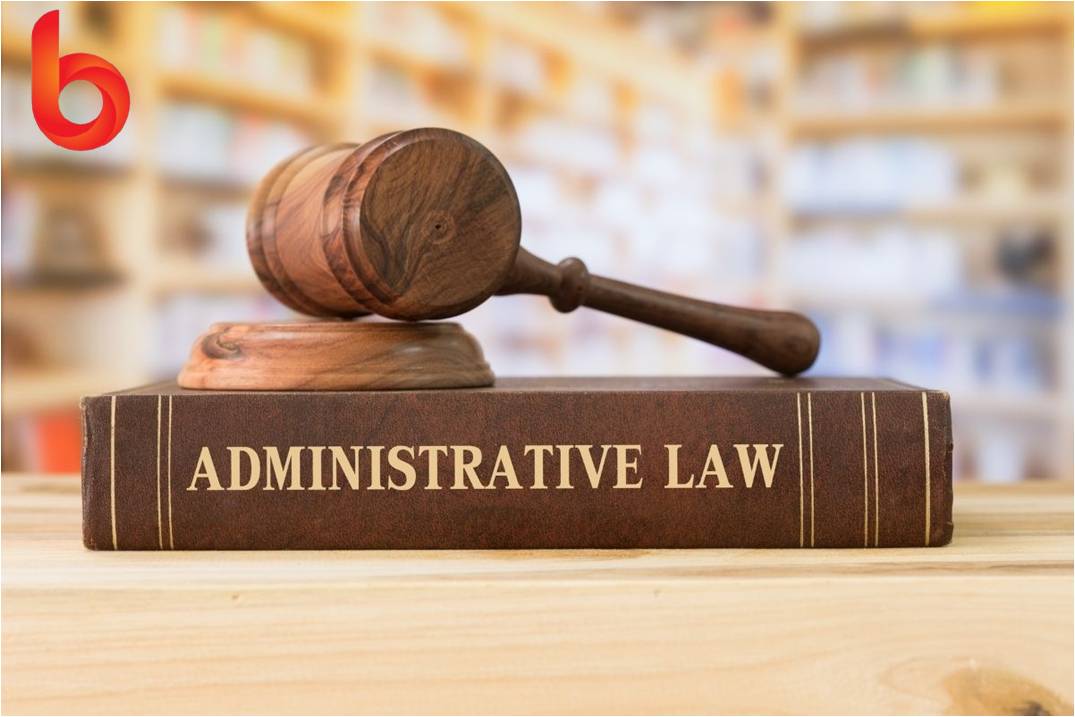Administrative Law: An Overview
Administrative Law: An Overview
Administrative law is the branch of law that governs the actions and decisions of public authorities, such as executive agencies, boards, commissions, and tribunals. It regulates the organization, powers, duties, and functions of these authorities, as well as their relations with each other and with citizens and nongovernmental bodies. It also provides legal methods of controlling and challenging public administration and protects the rights and interests of individuals affected by administrative actions.
Administrative law is a part of public law, which deals with the relationship between the state and its citizens. It is distinct from constitutional law, which establishes the basic structure and principles of the state, and from private law, which regulates the relations between private parties. However, administrative law may overlap with constitutional law and private law in some areas, such as human rights, contracts, torts, and property.
Administrative law emerged as a separate branch of law in the late 19th and early 20th centuries, in response to the growth and complexity of public administration in modern states. It developed differently in different countries, depending on their legal traditions, political systems, and historical circumstances. Some countries have codified their administrative law in statutes or codes, while others rely mainly on judicial decisions and doctrines. Some countries have specialized courts or tribunals to deal with administrative matters, while others use general courts or alternative dispute resolution mechanisms.
The main sources of administrative law are:
- Legislation: Acts of parliament or legislature that create or empower public authorities, define their scope and limits of authority, prescribe their procedures and functions, and regulate their accountability and reviewability.
- Regulations: Rules or orders issued by public authorities under delegated or statutory authority, that specify the details of how legislation is to be implemented or applied.
- Judicial decisions: Judgments or orders of courts or tribunals that interpret and apply legislation and regulations, resolve disputes involving public authorities or administrative actions and develop principles and doctrines of administrative law.
- Administrative decisions: Decisions or orders made by public authorities in the exercise of their administrative powers or functions, such as granting licenses, imposing sanctions, awarding benefits, or adjudicating claims.
- Administrative guidelines: Policies or directives issued by public authorities to guide their staff or other parties in the administration of legislation or regulations.
- International law: Treaties or agreements between states that affect the administration of national or international matters.
The main principles of administrative law are:
- Legality: Public authorities must act within the limits of their legal authority and comply with the applicable laws and regulations.
- Rationality: Public authorities must act reasonably and logically, based on relevant facts and evidence, and avoid arbitrariness or irrationality.
- Proportionality: Public authorities must act proportionately to the objectives they seek to achieve and the interests they affect, and avoid excessiveness or abuse of power.
- Fairness: Public authorities must act fairly and impartially towards all parties involved in administrative matters, respect their rights and interests, and provide them with adequate opportunities to participate and be heard.
- Accountability: Public authorities must be accountable for their actions and decisions, subject to oversight by higher authorities or independent bodies, and liable for any harm or damage they cause.
- Transparency: Public authorities must act openly and transparently in their administration, disclose relevant information to the public or affected parties, and justify their actions and decisions.
The main remedies available in administrative law are:
- Judicial review: The process by which courts or tribunals examine the legality, rationality, proportionality, fairness, accountability, and transparency of administrative actions or decisions, and grant relief if they find any error or defect.
- Appeals: The process by which parties can challenge administrative decisions before higher or specialized authorities within the same administrative system.
- Complaints: The process by which parties can lodge grievances against public authorities or officials before internal or external complaint-handling bodies.
- Ombudsman: An independent official who investigates complaints against public authorities or officials, and makes recommendations for improvement or redress.
- Compensation: The payment of money or other benefits to parties who have suffered harm or damage as a result of unlawful or wrongful administrative actions or decisions.
Administrative law is an important and dynamic field of law that affects various aspects of public life. It aims to ensure that public administration is efficient, economical, and just and that it respects the rights and interests of individuals and society as a whole.













Comments
Post a Comment
Thanks, For Your Valuable Comment